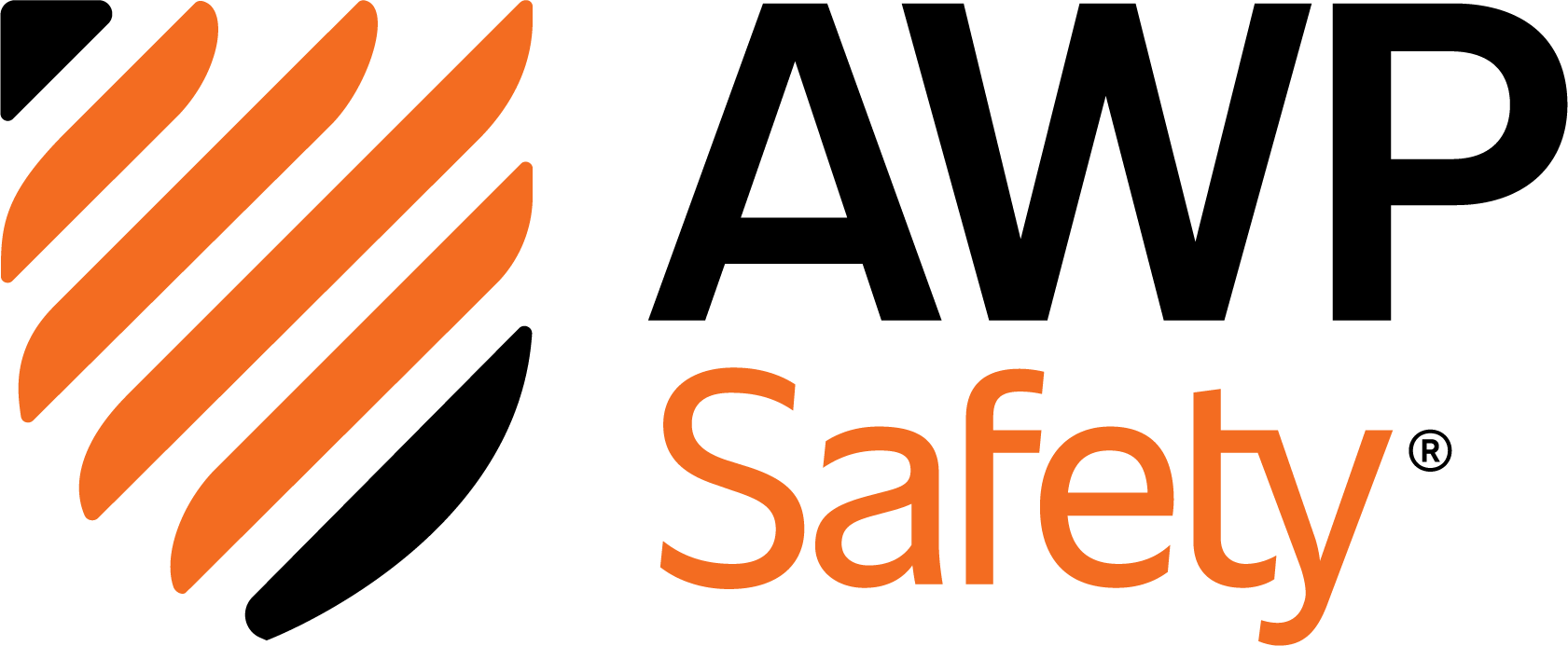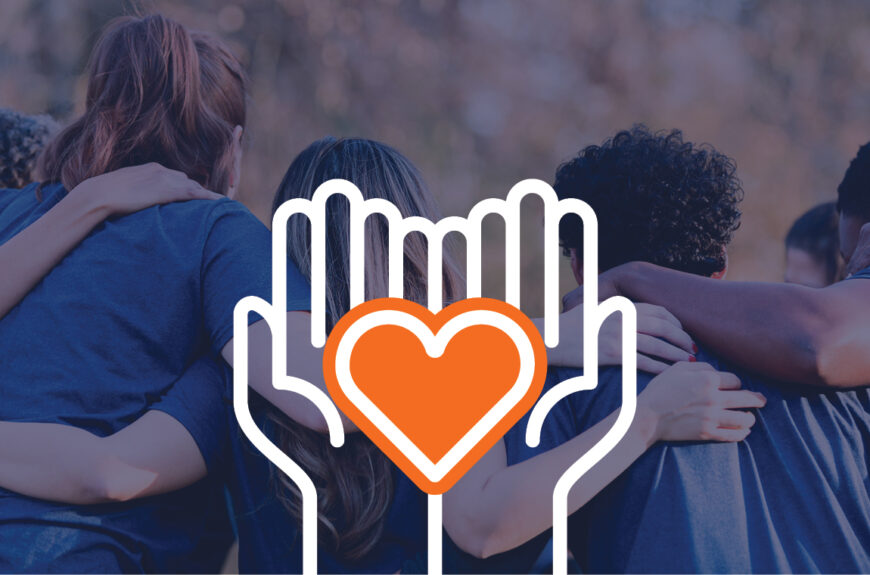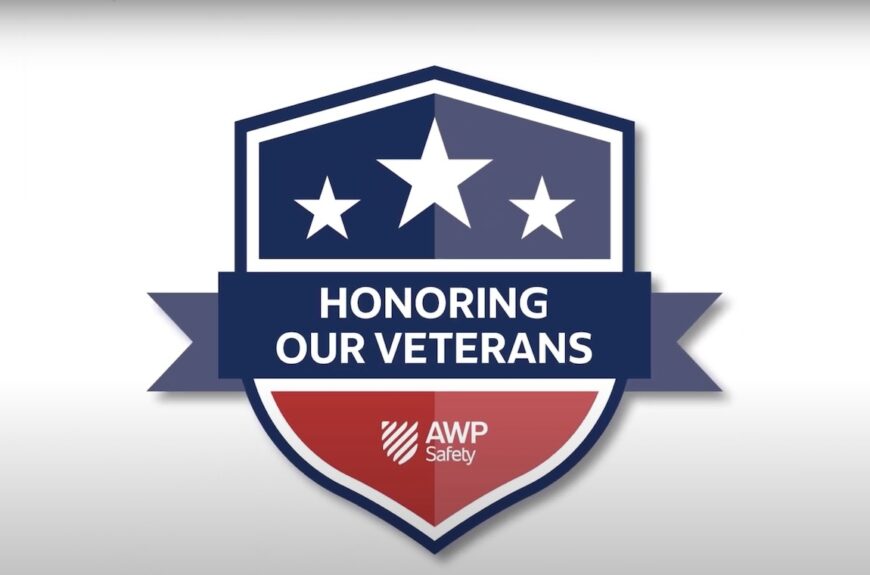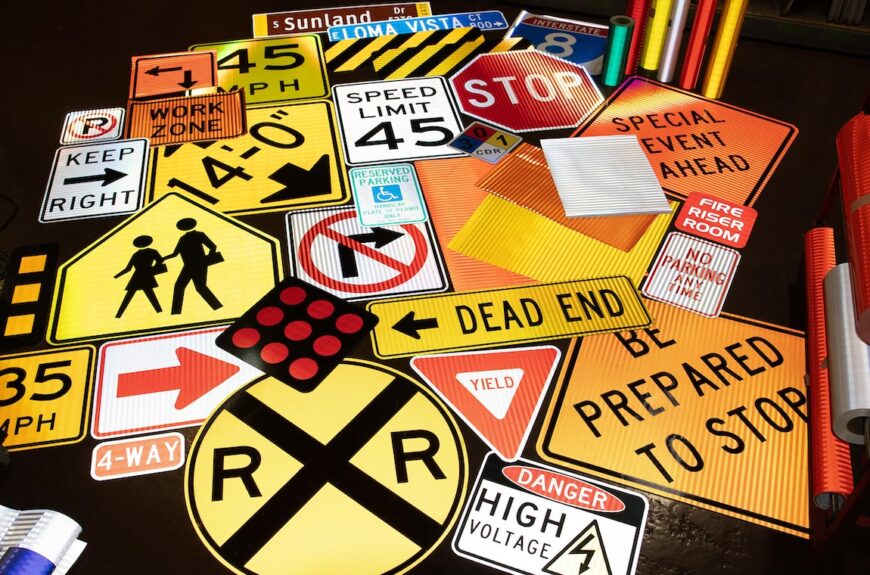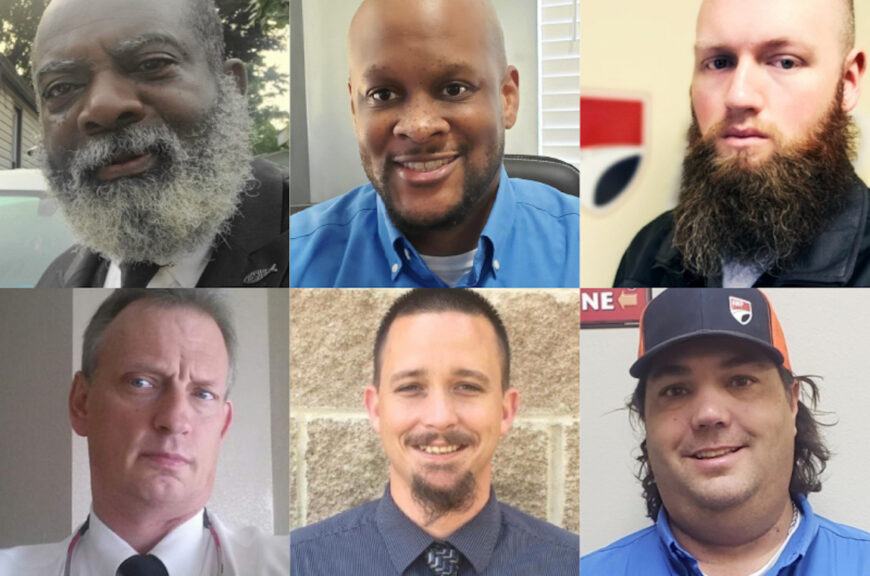
AWP Experts: Safety Manager Q&A for National Work Zone Awareness Week
At AWP, Safety is at the core of what we do. Every member of our team receives continuous safety training, attends monthly safety meetings, and holds an ATSSA certification. While safety is the responsibility of everyone, AWP’s team of Safety Managers work across our footprint to help develop, improve, and present our standards and initiatives to everyone on our roster.
In honor of ATSSA’s National Work Zone Awareness Week (NWZAW) we talked with each of our Safety Managers about why they do what they do, and the valuable lessons they’ve learned while keeping our people safe.
Joe Harris – Canton, OH
Q: What drives you to work in Safety?
Health and well-being are the biggest reasons why I choose to work in safety. Once we lose our health or impact it severely, it may never be the same. It is important to really think about how a severe injury would change the rest of a person’s life. Everyone’s health and wellbeing are the biggest motivator for me to give my all every day.
Q: What is something you have learned from the field?
The most common crashes that occur in the work zone are rear-end strikes of a slowing or stopping vehicle. Fatal work zone crashes occur most often in summer and fall. Many fatal work zone crashes occurred on roads with speed limits greater than 50 mph. Mike Mills, who developed many of the training programs AWP uses today, used to always say “Keep Your Head On A Swivel.” That would be my advice to everyone with their boots on the ground. Pay attention to your surroundings.
Q: In honor of National Work Zone Awareness Week, what advice do you have for the driving public?
The Smith System says it all:
- Aim High in Steering
- Get The Big Picture
- Keep Your Eyes Moving
- Leave Yourself An Out
- Make Sure They See You
Marcus Frazier – Charolette, NC
Q: What drives you to work in Safety?
I choose to work in safety because I like knowing that my actions can help save lives, not just in the line of duty but outside as well. The skills and knowledge that we obtain in the field of safety have everlasting benefits for myself and others.
Q: Can you provide an example of why you enjoy the work you do?
When I started with AWP in 2018, the safety numbers in my region were in desperate need of improvement. At my facility in Charlotte, we had plenty of work to do to get our safety record back on track. Last year, Charlotte had an accident-free and injury-free year, which is the gold standard of what we do. The change in our safety record is a clear reflection of our dedication of safety towards AWP, our clients, and the public.
Q: In honor of National Work Zone Awareness Week, what advice do you have for the driving public?
Practice the Smith System driving keys, and Slow Down!
Aaron Peterson – Richmond, VA
Q: What drives you to work in Safety?
The impact of what I say and do, no matter how small, is what drives me to work in safety. Many people’s initial impression of safety is that it is just unnecessary added steps toward a goal. This is not the case, and I enjoy developing and discussing not only why each step is necessary, but how to complete each step in a proficient and efficient manner. When safety can be communicated in ways that can be understood by all, it makes everyone that much safer. Someone that can do that is what I define as a safety professional. I try to live up to this every day.
Q: What experiences from the field would you like to share?
Unfortunately, the most outrageous safety stories and incidents that I’ve heard of all resulted in catastrophe. What I will say is this: Understand that safety rules/regulations are in place for a reason, and the reason is usually because someone paid a significant price for doing the exact opposite – sometimes with their life. What is unique about our line of work is that we can follow every policy, rule, and regulation yet are still at the mercy of the public. THAT is outrageous. We must have full situational awareness and stay vigilant to reduce that risk. Do what is right. Control what you can control; be cognizant of what you can’t.
Q: In honor or National Work Zone Awareness Week, what advice do you have for the driving public?
- Don’t assume while driving. Have patience for others and do your best to plan for traffic delays for every trip, whether that be a work zone, heavy traffic, an incident, etc. Drive defensively – People driving offensively is a likely cause of those delays.
- Human error contributes to approximately 93% of ALL motor vehicle collisions. Humans make mistakes, but there are many inappropriate driving behaviors that are 100% avoidable… Are you able to eliminate one of those right now?
Robert Hudson – Atlanta, GA
Q: What drives you to work in Safety?
Working in safety is satisfying to me because it allows me the opportunity to teach protectors different skills they can use while working, driving and with their health. They can also apply these skills in their personal life, which hopefully gives them and their family a better quality of life also.
Q: What is something you have learned from the field?
Having an escape route is one of the most important things I can tell our Protectors. Within my first year in the field, I was flagging on a 55 MPH road and a truck driver had fallen asleep behind the wheel. He started to veer off to the right shoulder and I had to take off running. He missed me within 1 foot, the client had thought that he had hit me. If I had been leaning against a truck, guard rail, tree or even if I would have been standing 2 feet into the roadway, I would not have had time to get out of the way. Put some thought into your flagging location and have an escape route.
Q: In honor or National Work Zone Awareness Week, what advice do you have for the driving public?
- Have a 5 second following distance. We can’t control what other drivers are doing, but you can control how far you are behind the vehicle in front of you. This increases sight distance and reduces hard brakes and rear end accidents.
- Look for all hazards, not just other drivers. Pedestrians, bicyclists, and wildlife are just a few hazards you may encounter. You also need to scan for signs of life in parking lots, school bus stops and around cars parked on the street.
Thomas Rodrigues – Parkersburg, WV
Q: What drives you to work in Safety?
Ensuring every team member makes it home to their family accident and injury free is what motivates me to work in safety.
Q: Do you have an example of how Safety Management supports flaggers in the workzone?
In training, you often encounter people who think they can do things their own way. One time I had a protector tell me he can tell how far a car is away from him by the sound of the tires on the pavement. This same protector also did not have a proper taper set. When I asked him why, he replied, “I am the taper.” I immediately began to coach the protector, and I was able to get everything fixed and compliant. About an hour after I left the site, the protector called me and thanked me for the set up. He said the drivers on the road were now seeing him from a good distance and were able to slow down more effectively, and he was able to see cars rather than listen for them. I think what people can learn from this story is there is no room for complacency while you are handling traffic. Being too comfortable will get you hurt, or worse.
Q: In honor of National Work Zone Awareness Week, what advice do you have for the driving public?
Stay off the phone and don’t speed in construction zones.
Cory Smith – Austin, TX
Q: What drives you to work in Safety?
Coming from a law enforcement background, safety has always been at the front of my mind. Sending everyone home the way they came to work is a win.
Q: What is something important you learned while working in the field?
In my previous job, I was on a traffic stop and had my back to traffic one night. Suddenly, I heard a loud crash, and the next thing I remember was waking up in the hospital. A drunk semi-truck driver crossed the line and hit my car. I was hit in the head from debris when the truck hit my car, and I was lucky my injuries weren’t worse. What can people learn from it? Anytime you are working in and around traffic, have a qualified observer. They are there to help protect you by keeping their eyes on surrounding traffic while you complete your task. Always keep your head on a swivel and expect the unexpected.
Q: In honor of National Work Zone Awareness Week, what advice do you have for the driving public?
- Put the phone down. The split second you look at your phone may be the second your life, or the life of another, changes forever.
- Slow down in work zones or whenever you see the flashing lights. When something on your commute is different than what you are used to seeing, be alert and take your time.
As a company, and as a team, AWP is dedicated to safety in everything we do. We appreciate all of our Safety Managers, and the work they do day in, and day out, to ensure safe workzones.
